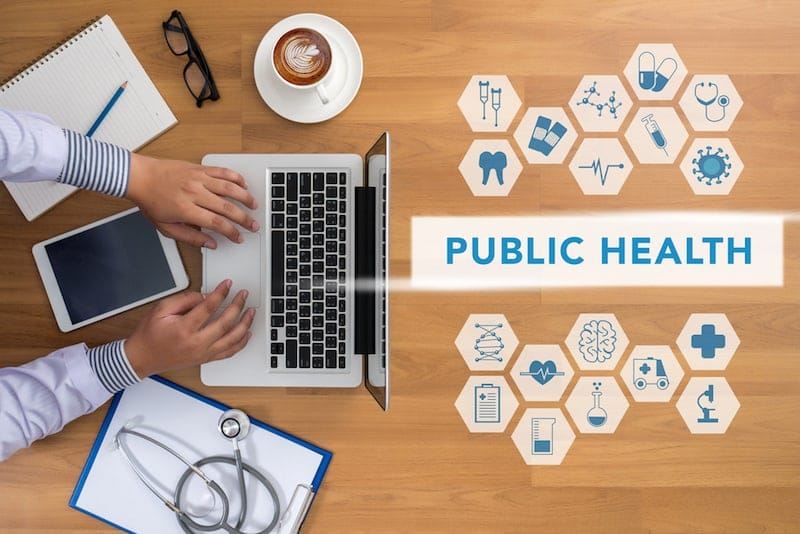
Healthcare is expensive; there is no other way to sugarcoat this fact. Unfortunately, not everyone can afford the skyrocketing costs that come with private healthcare. Public health is all about caring for the greater good of the general public, which is representative of the majority of the population. The University of Nevada-Reno offers numerous public health system courses to help improve the community as well. This article presents the reasons why a public health system is crucial to have in communities.
1. The overall condition in the community can be analyzed
Without a public health system, it will be challenging for any health worker to determine the circumstances, needs, and areas of improvement for a specific community. Remember that even two places that are geographically close to each other can have very different healthcare needs.
For example, one may need vaccinations for common diseases such as the flu, while the other might need only as simple as clean water to drink. A wrong assessment of the needs of a community can still lead to a malfunction in the community, whereby the overall health needs aren’t met.
2. Life expectancy is increased
Many years ago, there were numerous communities with mass deaths in their localities for unknown reasons. What the past has seen as fatal diseases are now considered as normal and treatable ones. There are now vaccines against measles and the flu, and antibiotics are available to help treat bacterial problems. The absence of a public health system allows commonly treatable diseases to generate in the community, thereby increasing mortality rates. With this, life expectancy has increased as well, and the aging population has also become healthier.

3. Healthcare is equally provided among all people
If one compares countries with excellent public health systems with those that do not put a premium on public health, the most pressing difference one would immediately see is in the availability of healthcare across all people, regardless of status. An excellent public health system allows for the underprivileged to have access to medicines and services that can only be paid for by those who can afford it.
For example, in countries such as Denmark, where their public healthcare is excellent, one can avail of treatments, surgeries, and medicines even for dreaded diseases such as cancer as a free service by the government.
4. Many infectious diseases and viruses can be controlled
In the absence of a public health system, epidemics will continue to proliferate and prosper simply because there is no umbrella of protection to control them.
One may be surprised to find out that many common diseases that are airborne, such as viral infections, can be managed and controlled through medicines, vaccines, and even simple treatments and check-ups by health workers. If a community has a well-functioning public health system, people can sleep better at night, assured that they won’t be the next victim of a contagious disease that could’ve been avoided.
5. The community can rally for financial assistance and priorities in the budget of the government
Depending on the priorities of the government and how these function, there are, unfortunately, many places where healthcare is not a priority. Other leaders seek to prioritize other needs, for example, education or the military. If a locality does not have a public health system, it becomes tough for people to rally out their need for financial assistance for healthcare in the community.
Public health systems can only function as adequately as they should if there is funding to support their programs. Money is still needed to purchase medical supplies, treatment, and medicines for members of the community. With a public health system in place, there is an opportunity for the government to learn the specific needs of a community, and support the greater welfare of the public.
Conclusion
Public health is a continuously evolving field so it can keep up with the needs of the people who seek the same. However, one thing remains constant: every community, big or small, needs a system of public health. The general goal is for every community to have an improved overall condition in relation to health.
The Editorial Team at Healthcare Business Today is made up of skilled healthcare writers and experts, led by our managing editor, Daniel Casciato, who has over 25 years of experience in healthcare writing. Since 1998, we have produced compelling and informative content for numerous publications, establishing ourselves as a trusted resource for health and wellness information. We offer readers access to fresh health, medicine, science, and technology developments and the latest in patient news, emphasizing how these developments affect our lives.







